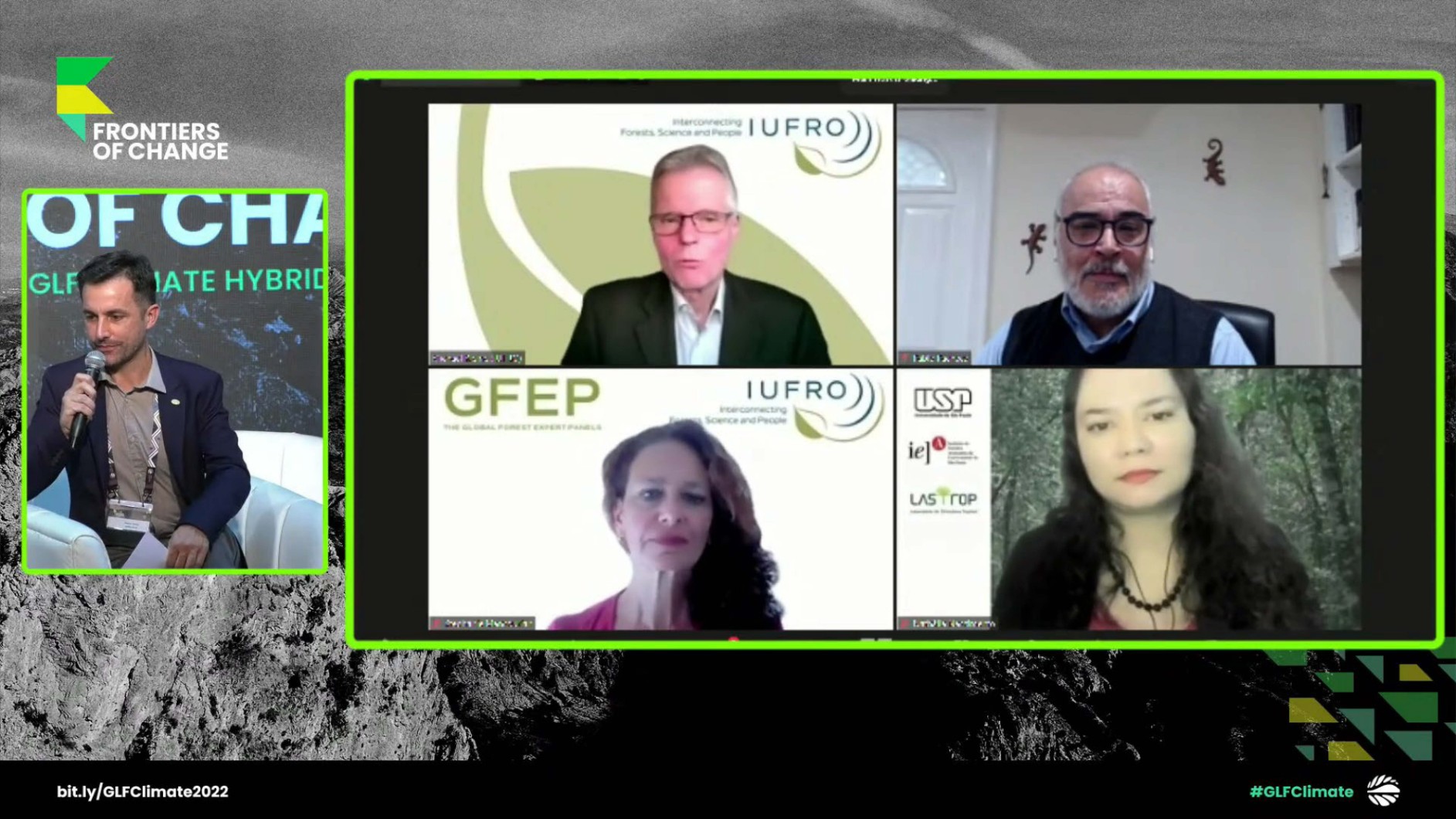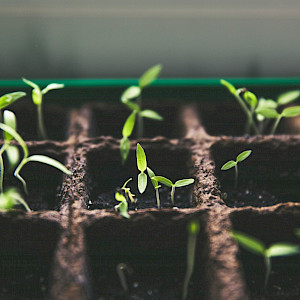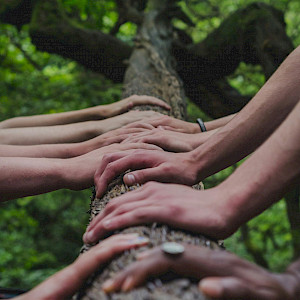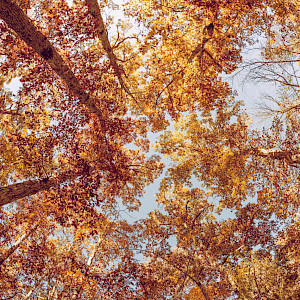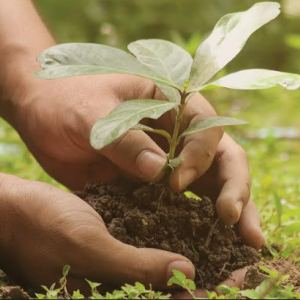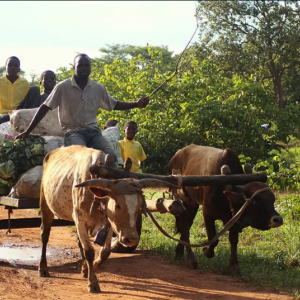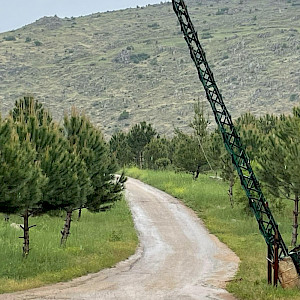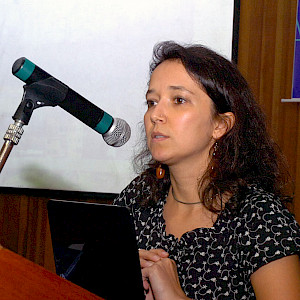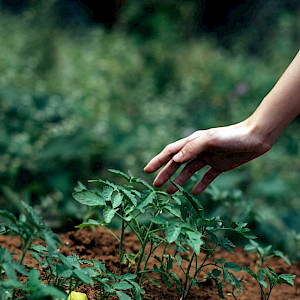IUFRO held a hybrid session on 11 November 2022 at the Global Landscapes Forum (GLF Climate) alongside COP27 in Sharm El-Sheik, Egypt. Speakers Stephanie Mansourian (IUFRO/Consultant), Pablo Pacheco (WWF/IUFRO-WFSE), Michael Kleine (IUFRO-SPDC) and Nathália Nascimento (University of São Paulo) highlighted linkages between REDD+ and FLR and shared insights on stakeholder views. The discussion was based on the reports Forest, Climate, Biodiversity and People: Assessing a Decade of REDD+ and A Decade of REDD+: Stakeholder Perceptions of its Implementation, published by IUFRO’s Global Forest Expert Panels (GFEP) Programme.
The session was moderated by Nelson Grima (IUFRO-GFEP) and the recording is available at: REDD+ and Forest Landscape Restoration: Stakeholder Views and Potential Synergies - YouTube.
Stephanie Mansourian started by summarizing the relationship between REDD+ and FLR in three key messages: 1) FLR includes all five REDD+ activities (reducing deforestation; reducing forest degradation; forest conservation; sustainable forest management; carbon stock enhancement); 2)Both FLR and REDD+ are much more than just climate change mitigation. 3) Understanding and valuing lessons from FLR and REDD+ experiences can help improve both mechanisms. As Pablo Pacheco emphasized, nature loss contributes to climate change and climate change puts additional pressure on nature. The need to achieve global climate targets has increased the urgency to halt forest loss and scale up forest restoration. Both REDD+ and FLR frameworks offer opportunities and can complement each other in this attempt, but for both to be successful, a strong engagement of local stakeholders in leading the implementation on the ground is important.
To strengthen the engagement of local stakeholders in FLR activities, IUFRO’s Special Programme for Development of Capacities (SPDC) piloted a training program for FLR facilitators in Malawi and Sri Lanka. Michael Kleine, Programme Coordinator, explained that their main task is to assist local communities and stakeholders in their consultations, joint planning and implementation of
restoration activities across different land uses. He underlined the importance of having people who are trusted by the local population and stakeholders drive the communication process to co-develop solutions regarding restoration in a particular landscape.
Nathália Nascimento stressed the need to go beyond carbon with REDD+ and forest landscape restoration and consider their co-benefits such as biodiversity, ecosystem services, food and water security, and also the sacred values of forests in any specific context, taking into account the different history and situation of local people. Furthermore, to ensure that traditional communities
and smallholder farmers benefit, it is essential to strengthen governance and increase transparency.
Session flyer: https://www.iufro.org/fileadmin/material/science/gfep/bfmr-followup/outreach/IUFRO-GLFClimate_SessionFlyer.pdf

